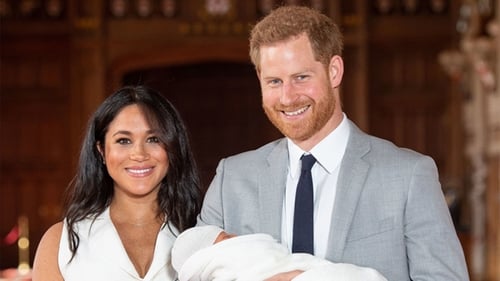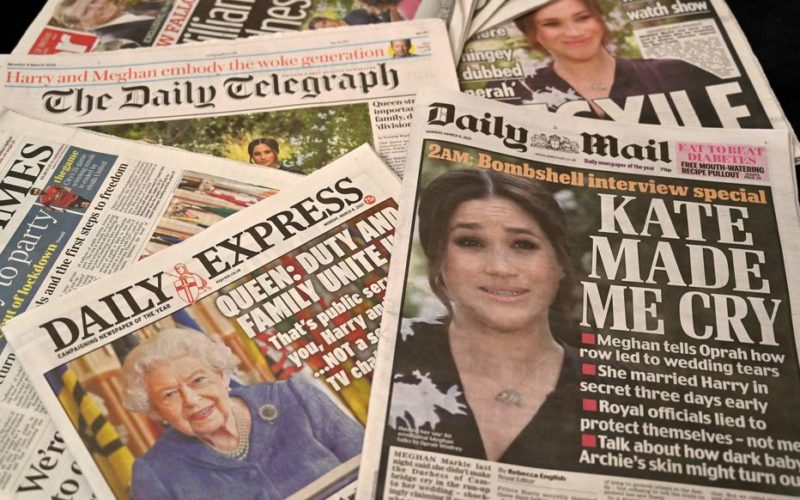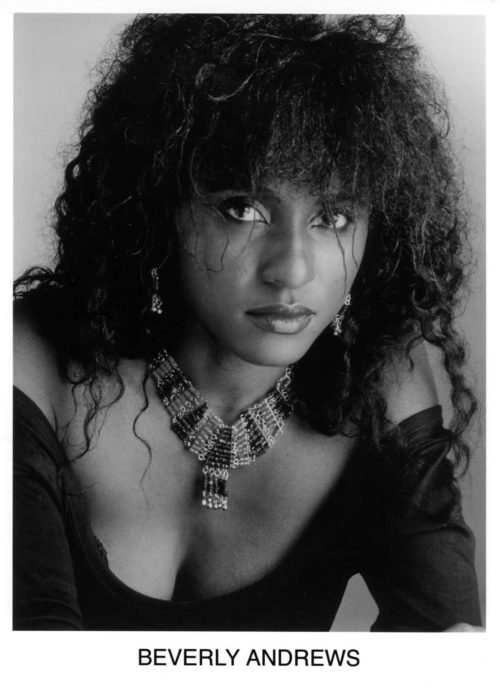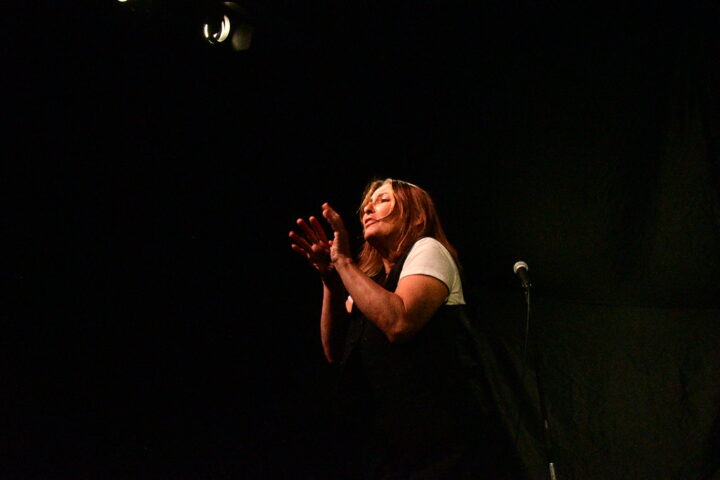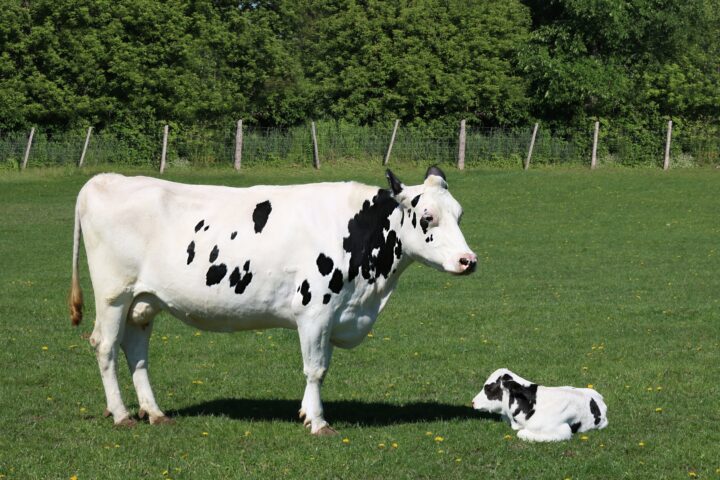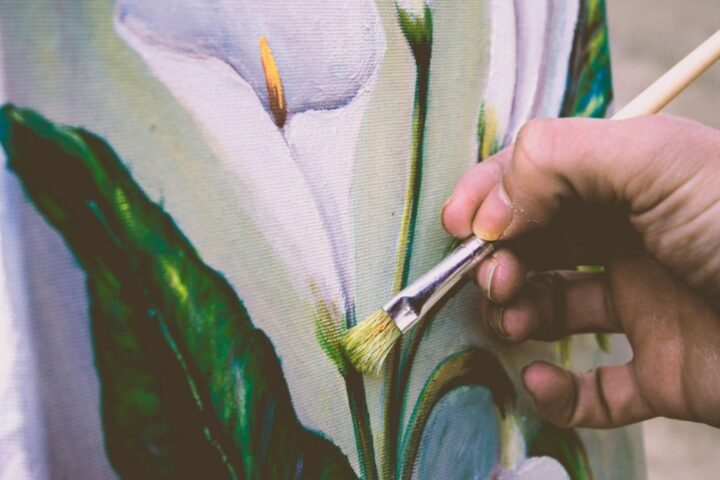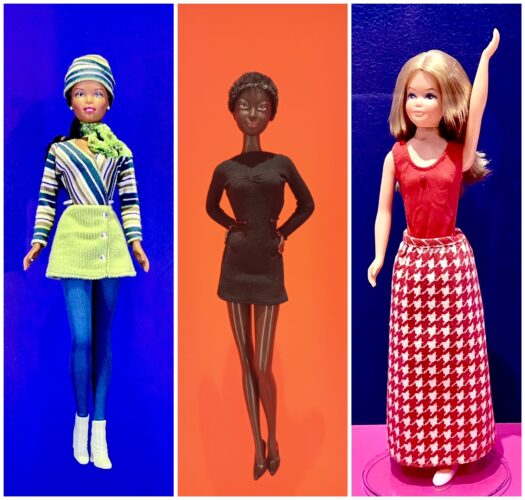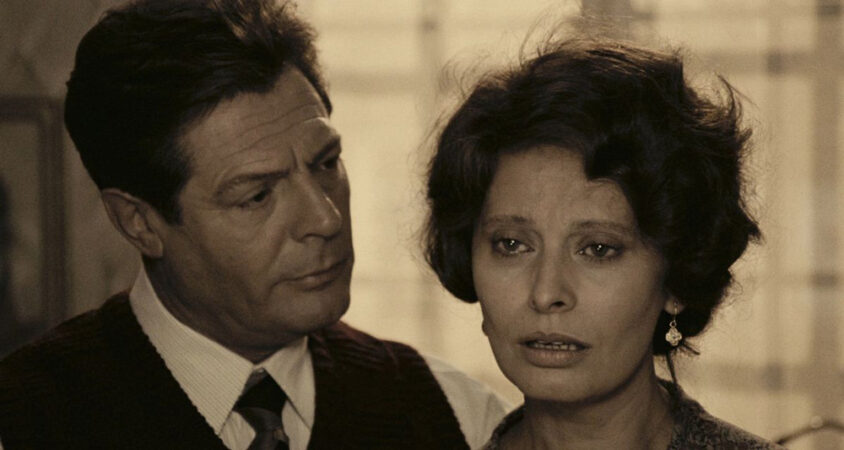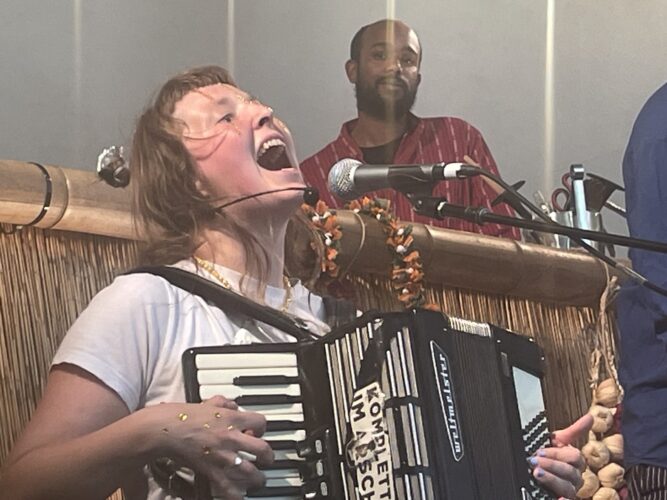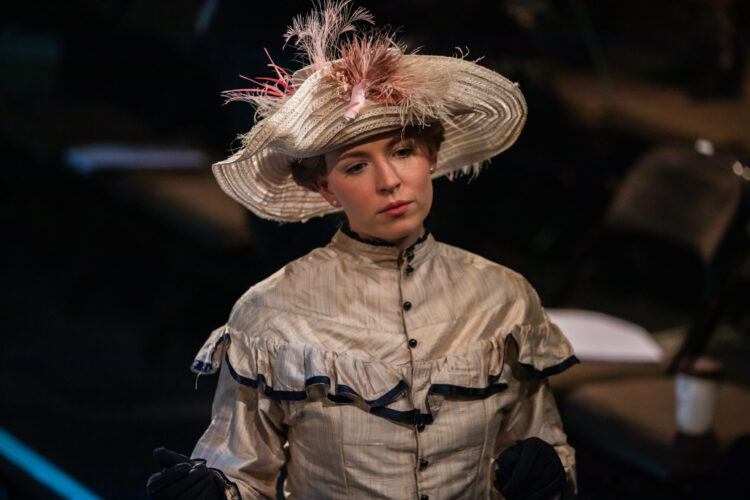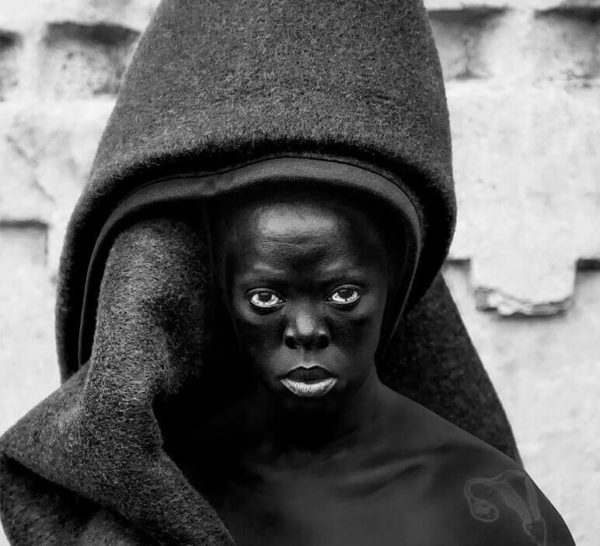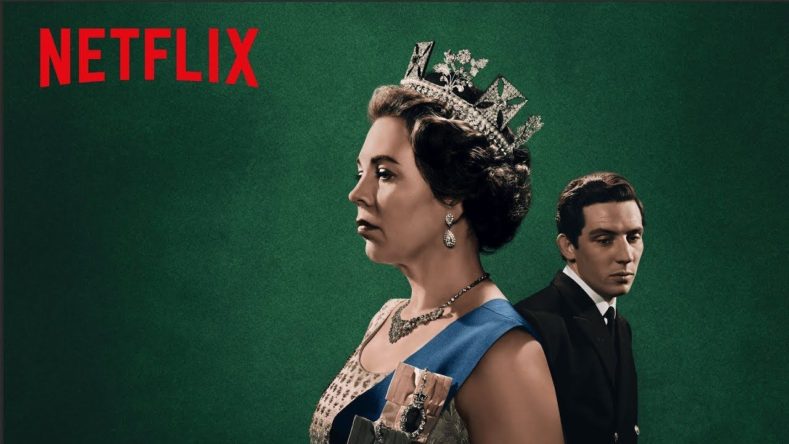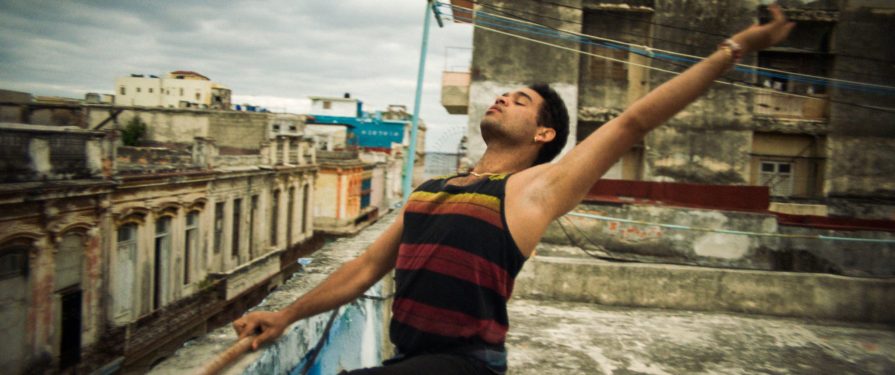Op-ed: The Crown – Part 2
By Beverly Andrews
When the recent series of ‘The Crown’ concluded, it scored some of the highest viewing figures of the series's history, due now in small part to it, covering a period of time many still remember, a period of which saw the arrival of Princess Diana and Margaret Thatcher. The final episode of this series saw the ousting of Mrs Thatcher by members of her own cabinet and an enraged Princess Diana finally concluding that her marriage was a sham and that the “firm” didn’t necessarily have her best interest at heart. Audiences thought it would be a year before we would see the next chapter in this royal soap opera but only a few months later audiences around the world would become privy to details of royal life which would rival anything a scriptwriter could conceive of. In the now notorious Oprah Winfrey interview with the Duke and Duchess of Sussex we saw an image of a highly fractured royal family. It was indeed eerie to see how the tale they told bore uncanny similarities to the one we had just been watching; a dysfunctional family with the added ingredient of charges of racism. Perhaps suggesting that little girls everywhere should maybe replace that dream of growing up and marrying a prince with a happier, healthier one.
But since the claims made by the Sussex’s interview are so serious they are indeed worth examining.
Royal Families by their very nature are dysfunctional
The Tabloid Press have responded in a way which was both racist and predatory
For this point it’s important to look back and note that, even before the couple were officially engaged, Prince Harry felt the need to issue a statement highlighting what he felt was the racist coverage of his then girlfriend, now wife, highlighting the more extreme coverage of the tabloid papers, an example of which would be headlines such as the Daily Mail Online “Harry's girl is (almost) straight outta Compton: Gang-scarred home of her mother revealed - so will he be dropping by for tea?” Published on 2 November 2016. Despite the fact that Meghan and her mother lived nowhere near the notorious area known for its gang violence but in an upmarket neighbourhood, the headline still stood. And although there was a brief respite of press criticism after Prince Harry and Meghan’s wedding, it wasn’t long before the tabloid onslaught began again and this time in earnest. There was criticism of Meghan being guest editor on Vogue (something other members of the royal family, in the past, have done at various publications, receiving much praise for their efforts) for deciding against putting herself on the cover but instead putting prominent female activists, such as Jane Fonda and Jacinda Adern, in her place, and for titling the issue ‘Faces of Change’. The press response - Meghan was being "uppity", (a word used quite a lot in the Civil War epic ‘Gone with the Wind’ in reference to slaves who did not know their place) she was endorsing controversial "transgenderism", she was being "idiotic". This was said by columnists in the week leading up to the issue’s publication before they even read it. After that, Meghan helped edit a cookbook to raise money for a communal kitchen to be used by families of the Grenfell Towers tragedy, she was criticised for making a political statement and in some far-right publications for assisting terrorists. Moving on to the birth of her son, we get the former BBC 5 Live presenter, Danny Baker’s tweet depicting their new born son Archie as a chimpanzee holding his mother and father’s hands. He was later sacked from his job. Added to this the almost daily journalistic micro aggressions such as a morning show host who we shall not name who seemed to have a weird hatred of her which somehow surfaced on every show. An obsession which even elicited complaints from younger members of the show’s staff and to top it off television networks taking every opportunity possible to interview an emotionally fragile and estranged father.
Many Black Britain's wondered when the couple finally decided to leave, what took them so long.
Are the Royal Family Themselves Racist?
Now onto the members of the family themselves, one cannot attest to private conversations had between family members, but if you examine public events, they do point to at least some members of the family not necessarily being as progressive on issues of race as one might hope. Take Princess of Michael of Kent’s reported first meeting with Meghan where she wore a blackamoor brooch, something seen as being widely racist. And it’s important also to note that the brooch wasn’t exactly small but absolutely enormous. When questioned about this (and this was not the first time it should be noted that Princess Michael of Kent’s attitudes about race have hit the headlines) she simply said it was something she had in her collection. A former government trade adviser, Rohan Silva, remarked on a business meeting with Prince Andrew (yes him again) when Silva was a government advisor, where Prince Andrew used a racial slur and seemed completely unaware that it was an unacceptable thing to do. And a former personal assistant of Prince Charles who took her case to an employment tribunal stating that she felt race played a major role in her not being promoted. Her allegations were not aimed at Prince Charles himself but rather at staff working there. She did ultimately lose her case but the fact that the case even came to the tribunal in the first place perhaps suggest a working environment which may not necessarily be welcoming to minorities. And sadly, the ailing Prince Philip has a very, very long history of making racial faux pas. But perhaps more importantly, the royal family has never acknowledged Great Britain’s exploitation of third world countries, an exploitation which has largely contributed to the country’s and by extension the family’s wealth today. And when those of the Windrush generation were being unfairly targeted and deported, something the government has now apologized for, the palace was silent.
What does any of this matter to those not interested in the Royal soap opera? Well sadly quite a lot, since the royal household employs up to four hundred employees with some high-ranking officials going on to work as government advisers. If they help to create a toxic racial environment for a mixed-race member of the royal family at Windsor how will these attitudes affect the running of the country itself when they then have the ear of the Prime Minister, a PM who, let’s not forget, has his own history of rather unfortunate racial comments.
Conclusion
So as life imitates art what will be the legacy of this interview? Well for one I suspect the creators of The Crown may regret concluding this series long before Meghan’s arrival. But perhaps more importantly it also points to a disconnect between the image the British establishment wants to present to the world and the reality for minority communities living here. If asked, quite a few would point out that much of what Meghan pointed to chimes, unfortunately, with their own experiences. While we now have a cultural minister pushing British artists to “not do the country down” and an education minister instructing teachers not to examine slavery too closely, or the wrongs of the empire, lest it reinforce a victim narrative. There seems, therefore, to be two opposing forces at play here. That of the British establishment seeking to sweep the problems of racism under the carpet (and with the new Policing Bill now making its progress through parliament, silence those who disagree) and those who feel we cannot move forward without taking a clear view of what came before. This single interview in many ways undermines the former and strongly suggests if there are problems within the country’s ruling family, be it racism or just a general dysfunctionality, they are simply a microcosm of British society at large. And maybe, just maybe, these are problems which desperately need to be discussed.
FORM-Idea.com London, 24th March 2021.
